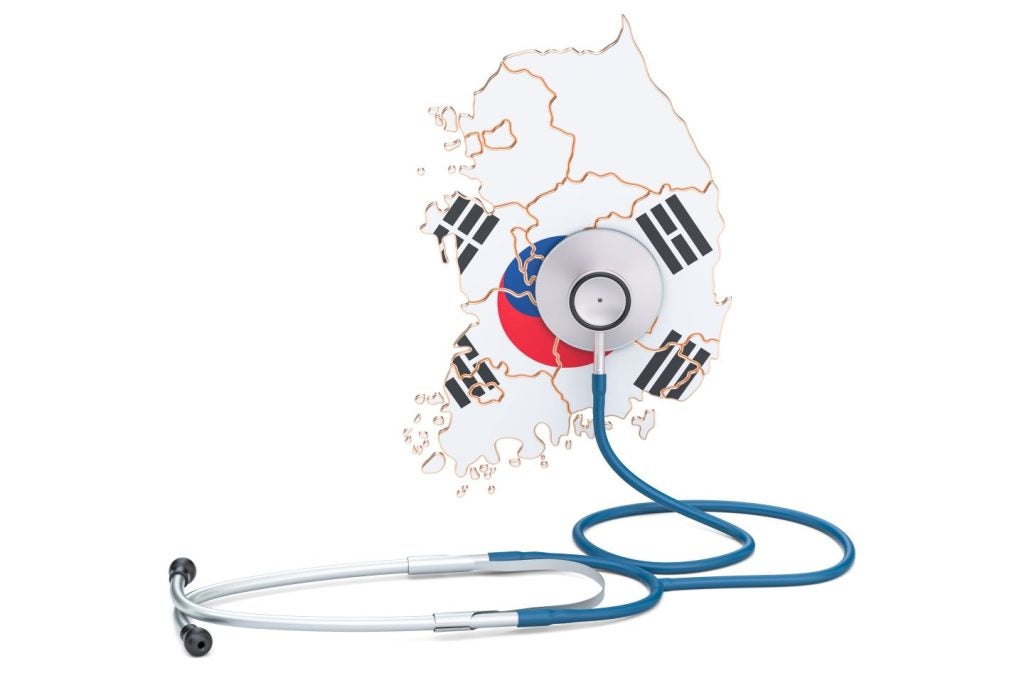South Korea’s Ministry of Health and Welfare (MoHW) recently disclosed its proposal to revise the drug reimbursement and price-setting regulations as a part of the implementation of its general policy outline, dubbed “Measures to Improve the Pharmaceutical Price System with Compensation for New Drugs with Innovative Value.” The proposal is currently undergoing a public consultation stage until 16 December 2024. In general, new reforms covered under the latest proposal are likely to provide more flexibility for manufacturers to process drug reimbursement and pricing negotiations with the South Korean authorities.
Under the proposal, the MoHW is planning to introduce two new types of risk-sharing agreements (RSAs), the fixed-cost initial treatment refund and the performance-based refund, on top of four existing mechanisms. Under a fixed-cost initial treatment refund RSA, a drug manufacturer will need to return a certain amount of funding granted to its product when each patient receives their first dosage. As for a performance-based refund RSA, a manufacturer will need to pay back the government if patients cannot reach certain clinical benefits after receiving the product. In addition to the two newly introduced RSA types, the existing RSA types utilised in South Korea are a mandatory economic evaluation/expenditure cap, rebate, patient-level utilisation limit/utilisation cap, and conditional continued treatment type plus money-back guarantees.
RSA is a commonly used price and reimbursement strategy for insurance payers to control future financial impact led by treatment with high uncertainty in terms of its clinical benefits or economic effectiveness. In general, the implementation of RSAs has had a positive impact on the pharmaceutical industry meaning that new high-cost treatments with highly uncertain cost-effectiveness results can secure reimbursement status at an earlier stage under more flexible price negotiation strategies. GlobalData has identified at least 25 markets around the world, including both advanced and emerging markets, that utilise an RSA mechanism. In South Korea, the RSA system was introduced in 2013. As of August 2023, a total of 68 drugs were introduced into the South Korean reimbursement list with RSAs, according to an official from the pricing agency National Health Insurance Service (NHIS).
In the Asia-Pacific (APAC) region, several markets with a comprehensive healthcare system and an established drug reimbursement system have utilised RSAs under their national health insurance schemes. Australia, New Zealand, and Taiwan (province of China), alongside South Korea, are prominent examples of wide utilisation of RSA for the drug reimbursement decision-making process. The four markets have well-formalised RSA systems that can support a drug to receive national health insurance benefits at an earlier stage. New Zealand has seven types of RSA mechanism, and the rebates are the most commonly used RSA. In Taiwan, under its so-called managed entry agreement regulation, the National Health Insurance Administration (NHIA) accepts price-volume agreements, financial-based agreements, and performance-based agreements. The NHIA also has the flexibility to accept other types of RSA.
However, the top two largest APAC markets, China and Japan, have not implemented official RSAs into their drug reimbursement decision-making process. Japan reimburses almost all prescription drugs under their national health insurance scheme and thus utilises its strict re-pricing rules to control drug spending. As for China, the country highly relies on confidential price negotiations to decide its National Reimbursement Drug List (NRDL) coverage, and RSAs are less likely to be utilised under this condition. Commercial companies in China, however, utilise RSA mechanisms to reimburse new high-cost treatments. Recently, Chinese drug developer Fosun Kite Biotechnology (China; a joint venture of Fosun Pharmaceutical and Kite Pharma) rolled out a performance-based RSA of its chimeric antigen receptor T-cell (CAR-T) therapy Yescarta (axicabtagene ciloleucel), which has not been covered under the NRDL.
Overall, authorities in South Korea and Taiwan already reported, respectively, that the implementation of an RSA scheme has already significantly reduced the waiting time for a drug to be reimbursed from receiving local approval, especially for cancer drugs and rare disease treatments. As the RSA scheme in South Korea is expected to be expanded under the latest reform, manufacturers that have high-cost treatments in their portfolio will have more flexibility to reach a price agreement with the NHIS.
The latest South Korean reform proposal also includes new cost-effectiveness evaluation (CEA) criteria for treatments approved in South Korea under the expedited (priority) review pathway and a new price premium for national essential treatments, which utilise domestically manufactured raw materials. Both measures are expected to set the national health insurance listed prices at a more favourable level for new drugs that can meet certain conditions. South Korea is well-known for its stringent reimbursement conditions that normally set the insurance listed prices at a lower level compared to Japan and the EU. Apart from the pricing reform, the MoHW introduced a new reimbursement process in the last year that allows a drug to file a reimbursement request before receiving marketing authorisation in South Korea. There is an implication showing the government’s increasing interest in providing more comprehensive drug coverage under the national health insurance scheme and encouraging domestic drug development.
This article is produced as part of GlobalData’s Price Intelligence (POLI) service, the world’s leading resource for global pharmaceutical pricing, HTA and market access intelligence integrated with the broader epidemiology, disease, clinical trials and manufacturing expertise of GlobalData’s Pharmaceutical Intelligence Center. Our unparalleled team of in-house experts monitor P&R policy developments, outcomes and data analytics around the world every day to give our clients the edge by providing critical early warning signals and insights. For a demo or further information, please contact us here.









